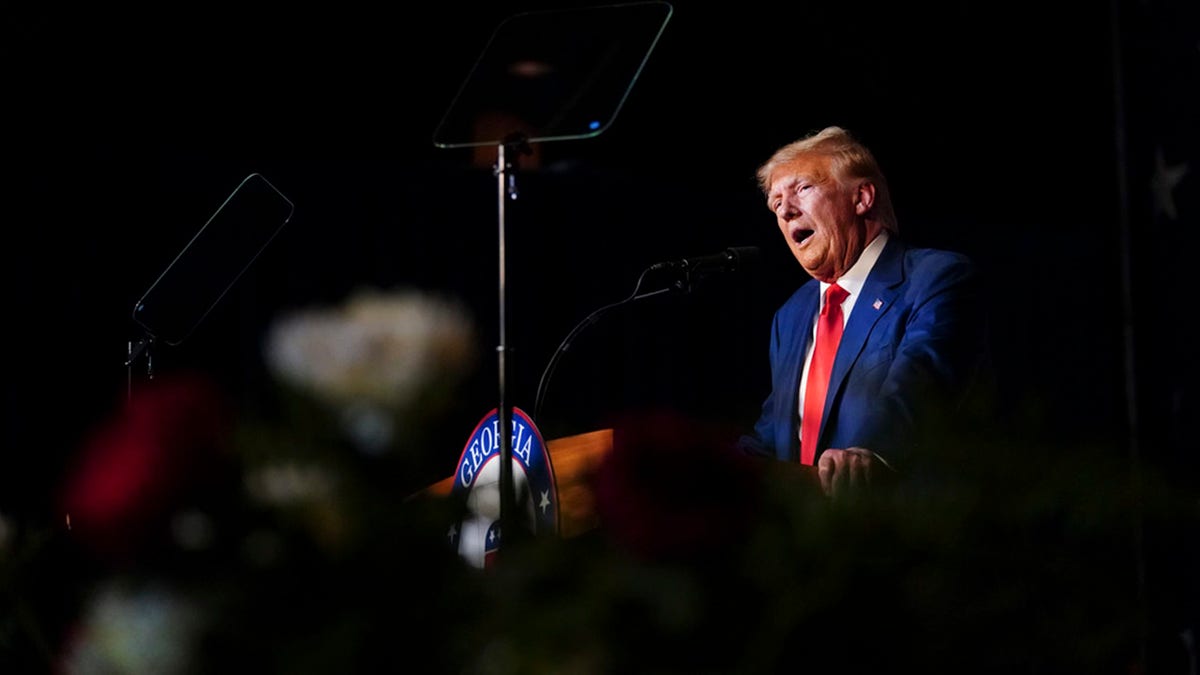In a move to enhance transparency and address concerns about undue influence at the annual climate summit, the United Nations has announced a new requirement for attendees. Starting this year, all delegates will be obligated to disclose their affiliations. This decision aims to shed light on the involvement of lobbyists, particularly those representing fossil fuel companies, who have often participated in these conferences under the guise of national delegates.
For years, climate activists have voiced concerns about the presence of oil and gas industry representatives at the Conferences of the Parties (COPs). They argue that these lobbyists hinder progress towards meaningful climate action. The new disclosure requirement is seen as a positive step towards addressing this issue and ensuring greater accountability.
While welcoming this decision, civil society groups are also advocating for further transparency measures. They suggest that participants should disclose their funding sources, providing a comprehensive picture of potential influences. Tasneem Essop, executive director of Climate Action Network International, emphasized that addressing the influence of fossil fuel interests and other major polluters requires more than just this initial step.
This new policy comes as negotiators from nearly 200 countries conclude preparatory talks in Bonn, Germany, for the upcoming COP28 summit in Dubai. The summit host, the United Arab Emirates, has faced criticism for appointing Sultan al-Jaber, an oil company executive, as the summit chair. This appointment has raised concerns about potential conflicts of interest, despite the prerogative of member states to choose their presiding officers.

The UN's decision to mandate affiliation disclosure underscores the growing recognition of the need to address lobbying influence in climate negotiations. UN Secretary-General Antonio Guterres has previously called for accountability from "climate-wrecking corporations," particularly fossil fuel producers.
The Bonn talks themselves highlighted the ongoing divisions between developed and developing nations. Disagreements over the inclusion of discussions on reducing greenhouse gas emissions and providing financial aid to less wealthy countries delayed the approval of the formal agenda. Developing nations express concerns about increasing debt burdens from climate-related disasters and the lack of promised funding for climate adaptation and green technologies.








